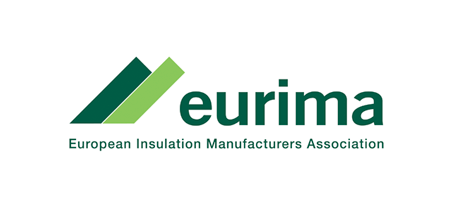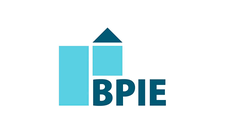Search eceee proceedings
Do smart homes know what people want and allow them to realize it?
Panel: 1. Foundations of future energy policy
This is a peer-reviewed paper.
Authors:
Hal Wilhite, Centre for Development and the Environment, University of Oslo
Rick Diamond, Lawrence Berkeley National Laboratory, USA
Abstract
American architect and author, Malcolm McCullough, recently posed the question ‘Are smart buildings smart enough to allow me to open the window’. This question succinctly captures one of the central dilemmas of the trend in energy policy towards reducing the fullness of energy consumption in buildings to technology-driven performance, and in so doing, discounting occupant know-how and limiting flexibility in the ways people create comfortable home environments, including light, ventilation, views, access to surroundings (such as gardens and balconies) and interaction with other people, both in their own household and with others. Smart is dumb if it means locking buildings and people into pre-determined patterns and disabling creative low-energy and user-adapted comfort solutions. In this paper, we will review literature and theory on smart buildings in architecture, technology design and social science, and flesh out an interdisciplinary perspective that moves the focus of energy consumption and efficiency from technologies and individuals to the interactions between them, giving attention to building designs, building structures (materialities and technologies), embodied comfort, and smart interfaces. We will suggest new directions for ‘smart’ designs in the rich, high energy-using countries as well as address how to sustain low energy use--while improving occupant comfort – through the retention of flexible, climate- and user-adapted building designs in developing/emerging countries.
Downloads
Download this paper as pdf: 1-085-17_Wilhite.pdf
Download this presentation as pdf: 1-085-17_Wilhite_presentation.pdf
Panels of
1. Foundations of future energy policy
2. Policy: governance, design, implementation and evaluation challenges
4. Mobility, transport, and smart and sustainable cities
5. Buildings and construction technologies and systems
6. Buildings policies, directives and programmes
7. Appliances, products, lighting and ICT
8. Monitoring and evaluation: building confidence and enhancing practices























